Benefits of Folding Cartons for Retail
This article details the many benefits of folding cartons for retail, from cost and sustainability to brand enhancement and product protection.
Summary
Folding cartons are a versatile and sustainable packaging solution widely used in the retail industry, offering numerous advantages that enhance product presentation and protect contents. Characterized by their lightweight, flat-shipping design, folding cartons significantly reduce logistics costs and storage requirements, while their recyclable materials align with growing consumer demands for eco-friendly packaging options. This combination of cost-effectiveness and sustainability has established folding cartons as a preferred choice across various sectors, including food, cosmetics, and electronics.
One of the defining features of folding cartons is their remarkable design flexibility, allowing brands to create unique shapes, sizes, and finishes that enhance shelf visibility and attract customers. Customization options such as embossing, foil stamping, and die cuts enable companies to effectively communicate their brand identity, fostering recognition and customer loyalty through eye-catching packaging. Furthermore, the structural integrity of folding cartons ensures that products remain protected during transportation and display, minimizing damage-related losses and improving overall consumer satisfaction.
The rise of e-commerce has further propelled the demand for folding cartons, as businesses seek reliable packaging that safeguards products during shipping while remaining aesthetically appealing. Additionally, technological advancements in printing and automation are transforming the folding carton market, enabling higher levels of customization and efficiency while addressing sustainability concerns through innovative material use. However, the industry faces challenges such as raw material cost volatility, regulatory compliance, and pressures to adopt sustainable practices, complicating the landscape for manufacturers and brands alike.
Overall, folding cartons stand out as a critical component in retail packaging strategies, marrying functionality with design to meet consumer needs while also navigating the complexities of modern market demands. Their role in fostering brand loyalty, enhancing product visibility, and promoting sustainability underscores their significance in the evolving packaging landscape.
Table of Contents
Advantages of Folding Cartons
Folding cartons present numerous advantages that make them an optimal choice for retail packaging. These benefits encompass cost-effectiveness, customization, and sustainability, making folding cartons a preferred solution for various products ranging from cosmetics to food and electronics.
Key Benefits
1. Cost-Effectiveness and Sustainability
Folding cartons are lightweight and can be efficiently shipped flat, which reduces transportation costs and storage space requirements. This feature not only lowers logistics expenses but also contributes to a smaller carbon footprint, aligning with the growing demand for eco-friendly packaging solutions. The use of recyclable materials further enhances their sustainability, appealing to environmentally conscious consumers.
2. Endless Customization Options
One of the standout features of folding cartons is their remarkable design flexibility. Brands can create unique shapes, sizes, and finishes to make their products stand out on the shelf. Customization options such as embossing, foil stamping, spot UV coating, and die cuts allow businesses to reflect their brand identity and attract customers effectively. This level of personalization can significantly enhance product visibility and brand recognition.
3. Enhanced Brand Recognition
Folding cartons provide ample opportunities for branding through eye-catching designs and clear labeling. Effective packaging design not only protects the product but also communicates essential information and brand values to the consumer. Brands that invest in distinctive folding carton designs can create a memorable unboxing experience, fostering customer loyalty and encouraging repeat purchases.
4. Structural Integrity and Protection
Folding cartons are designed to offer strong structural integrity, ensuring that products remain protected during transportation and on retail shelves. This durability is critical for products that require a high level of protection, such as fragile items or those with sensitive contents. The reliable protection provided by folding cartons helps brands avoid damage-related losses, enhancing overall customer satisfaction.
5. Versatility Across Industries
Folding cartons are utilized across various industries, including food, cosmetics, and pharmaceuticals, due to their versatility. They can be tailored to meet specific industry requirements, ensuring compliance with regulations while delivering an appealing presentation. This versatility makes them an attractive packaging option for businesses of all sizes looking to meet diverse consumer needs.
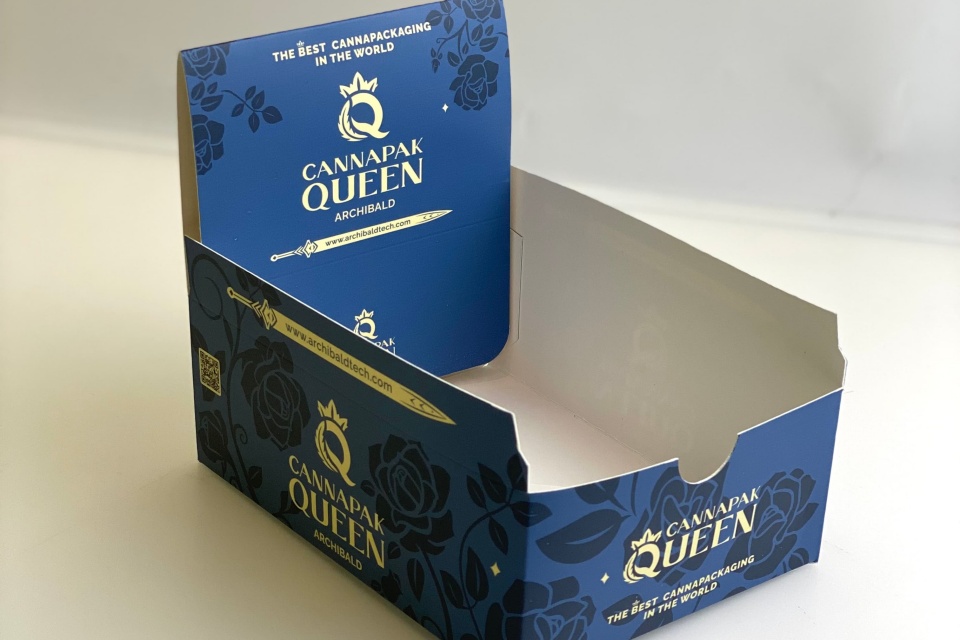
Design and Aesthetics
The design and aesthetics of folding cartons are pivotal in shaping consumer perceptions and influencing purchasing decisions. Research indicates that packaging serves as a crucial element in the buyer-product relationship, often acting as the first point of interaction with consumers. A well-crafted package not only attracts attention but also communicates the brand’s identity and values, thereby enhancing the overall consumer experience.
Visual Appeal
Colors, fonts, and imagery in packaging play a significant role in conveying a brand’s personality and message. Specific color schemes can evoke distinct emotions; for instance, warm colors like red and orange are associated with feelings of happiness and energy. The visual hierarchy established through the arrangement of elements within the packaging can enhance brand recognition, with studies showing that strong visual contrast and structured layouts contribute positively to consumer satisfaction and loyalty.
Functional Design
Beyond aesthetics, functional design is critical in ensuring that packaging is user-friendly and practical. Features such as ease of opening, storage convenience, and resealable options not only enhance the customer experience but also reinforce positive associations with the brand. A well-designed folding carton can protect products effectively during transport while remaining easy to handle and use, thereby preventing frustration for consumers.
Emotional Connection
Packaging is not merely a physical enclosure; it is also a medium for creating emotional connections with consumers. Brands often leverage nostalgia through retro designs or familiar visual elements to evoke positive memories and feelings. This emotional resonance can be a powerful motivator for purchase decisions, as consumers are often drawn to products that remind them of cherished experiences or values.
Authenticity and Transparency
In today’s marketplace, consumers increasingly seek authenticity and transparency from brands. Packaging that clearly communicates a brand’s values, sustainability efforts, and product ingredients fosters trust and loyalty among consumers. Thoughtful design choices, such as using premium materials or unconventional approaches, can convey durability and craftsmanship, further enhancing the perception of quality associated with a brand.
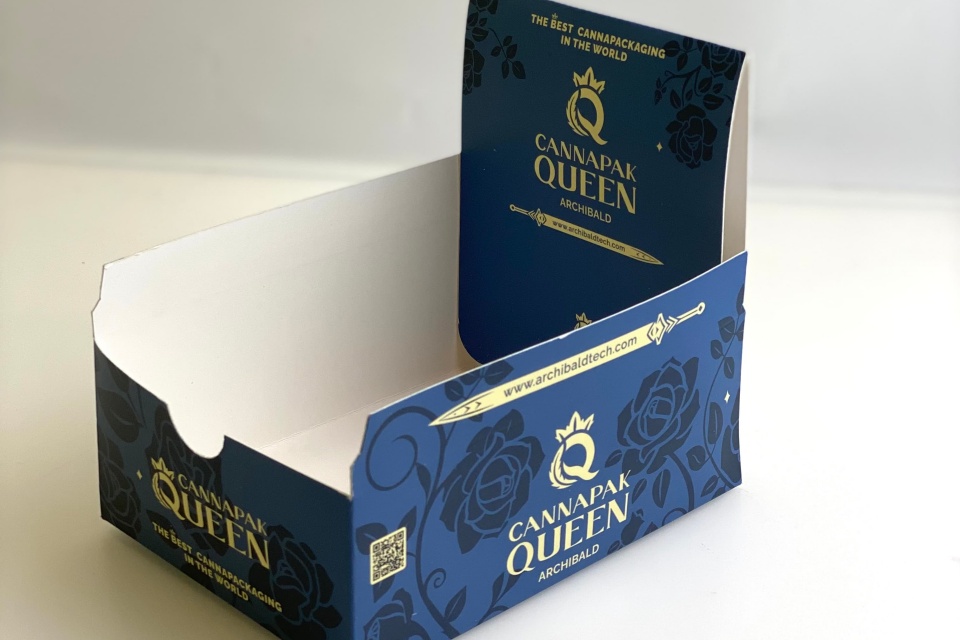
The Role of Typography and Imagery
Typography and imagery on packaging also play a critical role in brand recognition and consumer behavior. Logos, symbols, and the overall presentation of text can make a product easily identifiable, often acting as shorthand for the brand itself. For example, iconic symbols like the golden arches of McDonald’s instantly communicate brand identity, fostering trust and familiarity among consumers.
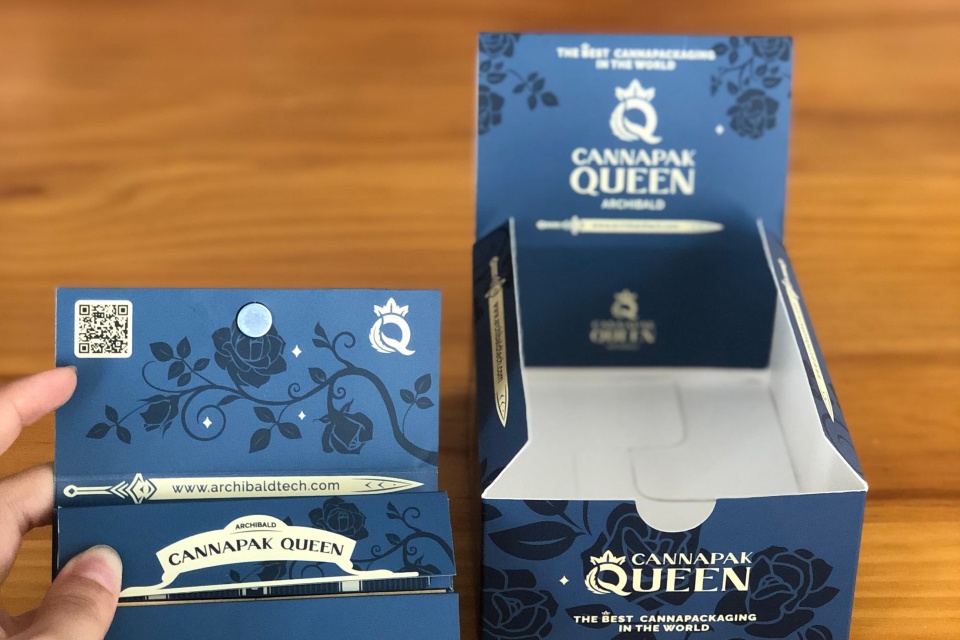
Market Trends
Rising Demand for Sustainable and Recyclable Packaging Solutions
The demand for sustainable and recyclable packaging solutions is rapidly increasing, driven by consumer preferences and regulatory pressures for environmentally friendly options. Companies are actively seeking packaging alternatives that are recyclable, biodegradable, and lightweight, contributing to a significant shift in the packaging landscape. The rise in eco-conscious consumerism, particularly in the food, beverage, and personal care industries, has further propelled this trend, as brands aim to minimize their environmental impact while maintaining product protection and appeal.
Technological Innovations Transforming the Market
Technological advancements are playing a pivotal role in reshaping the North American folding carton packaging market. Innovations such as digital printing technologies enable brands to produce high-quality, customized packaging that enhances brand identity and consumer engagement. The integration of automation in packaging production not only improves manufacturing efficiency but also reduces costs, allowing for greater scalability and responsiveness to market demands. Furthermore, smart packaging solutions incorporating IoT technologies are emerging as a significant trend, offering added value through real-time product information and enhanced traceability.
E-commerce Expansion Fueling Growth
The explosive growth of the e-commerce sector is a major driver of demand for folding cartons. As online retail continues to expand, the need for packaging that ensures product integrity during shipping has become increasingly critical. Corrugated and folding cartons are preferred for their strength, lightweight nature, and design flexibility, providing optimal protection for products while being cost-effective. Additionally, consumer expectations for convenience and secure packaging are influencing the design and functionality of packaging solutions in this sector.
Personalization and Consumer Engagement
There is a growing trend towards personalization in packaging, particularly within the food and beverage and personal care sectors. Brands are leveraging advanced printing technologies to create visually appealing packaging that resonates with consumers, fostering brand loyalty and enhancing the customer experience. This focus on customization not only caters to individual consumer preferences but also helps brands differentiate themselves in a competitive market.
Regulatory Influence on Packaging Practices
Regulatory frameworks and initiatives aimed at promoting sustainability are also shaping market trends. Governments and international organizations, such as the United Nations with its Sustainable Development Goals (SDGs), are encouraging businesses to adopt responsible production and consumption practices. As a result, companies are increasingly aligning their packaging strategies with sustainability goals, leading to innovations that prioritize eco-friendly materials and practices.
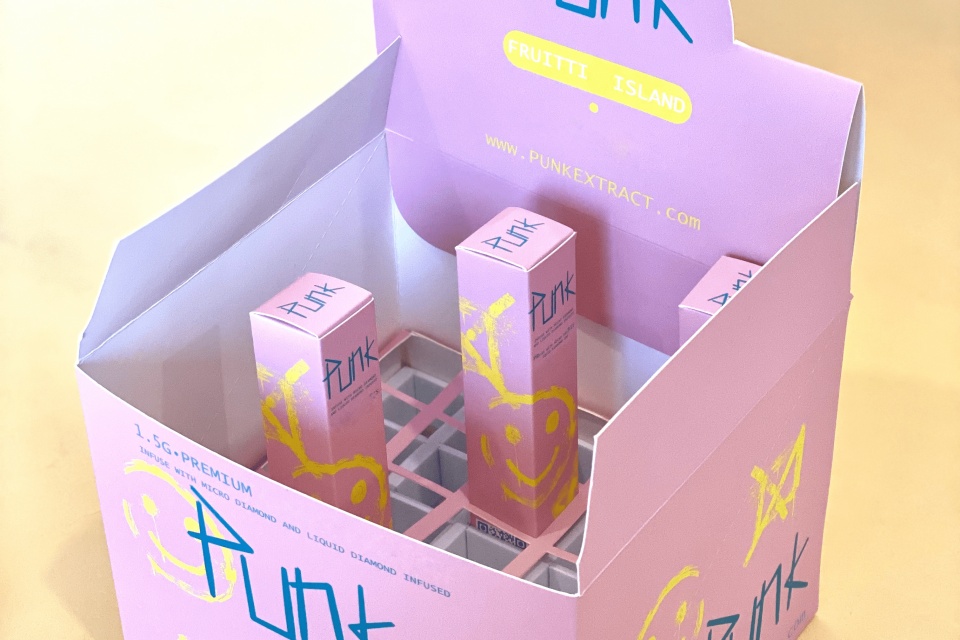
Case Studies
Successful Applications of Folding Cartons
Folding cartons have been widely utilized by various brands across different industries, showcasing their effectiveness in packaging solutions that cater to consumer needs and enhance product appeal. Notable case studies include brands like Apple, Coca-Cola, and Tiffany & Co., which exemplify how thoughtful packaging design can influence consumer behavior and drive sales.
Apple
Apple’s packaging is renowned for its minimalistic design and attention to detail. The use of high-quality materials not only protects the products but also creates an unboxing experience that resonates with consumers. This strategic approach has significantly contributed to brand loyalty, as customers associate the packaging with the overall quality and innovation of Apple’s products.
Coca-Cola
Coca-Cola’s use of folding cartons has evolved to meet the demands of a diverse consumer base. The brand employs vibrant graphics and interactive elements, such as QR codes, on their packaging to engage customers and promote brand recognition. This has been particularly effective in the beverage industry, where visual appeal plays a crucial role in attracting consumer attention.
Tiffany & Co.
Tiffany & Co. exemplifies luxury branding through its iconic blue boxes. The distinct packaging not only protects the jewelry but also serves as a powerful marketing tool that enhances the brand’s prestige. The emotional connection consumers have with the packaging contributes to the overall purchasing decision, emphasizing the importance of aesthetics in packaging design.
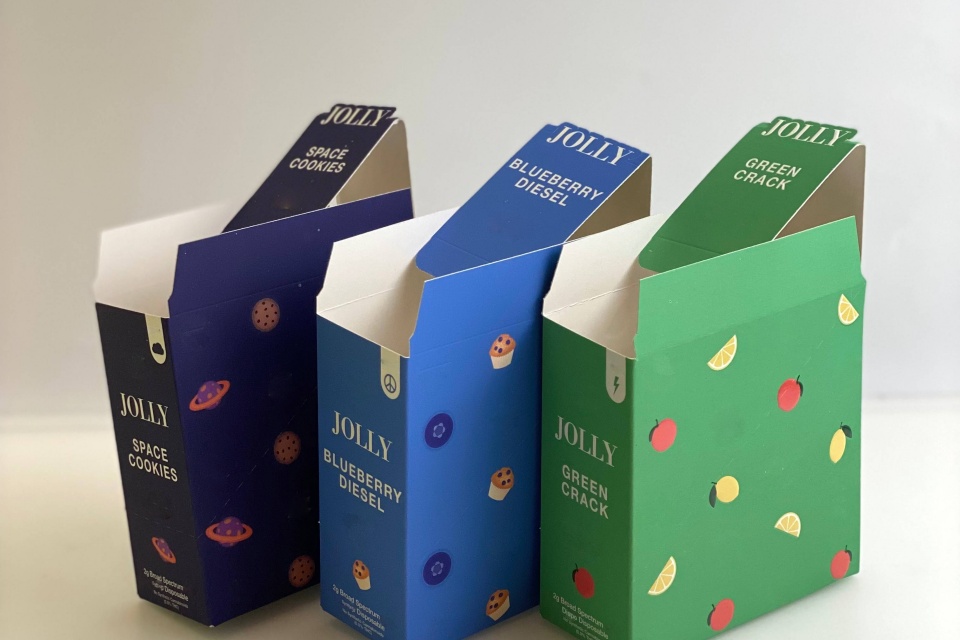
E-Commerce Impact
The rapid rise of e-commerce has further driven the demand for folding cartons, especially in North America. As online retail continues to expand, companies are increasingly adopting corrugated and folding carton packaging to ensure product protection during shipping while maintaining cost-efficiency and aesthetic appeal. The durability and lightweight nature of folding cartons make them ideal for this purpose, enhancing the unboxing experience that is vital for brand perception in a competitive market.
Technological Advancements
Technological advancements have also played a significant role in the evolution of folding cartons. Innovations in printing and automation have improved customization and manufacturing efficiency, allowing brands to create packaging that is not only functional but also visually appealing. As consumer demand for eco-friendly packaging rises, brands are exploring sustainable materials and practices, further reinforcing their commitment to environmental stewardship.
Challenges and Limitations
The folding cartons packaging market faces several significant challenges and limitations that impact manufacturers and brands alike.
Raw Material Volatility
One of the primary challenges is the volatility in raw material costs, particularly for paperboard and adhesives. Fluctuations in the prices of wood pulp, energy, and transportation affect manufacturing costs, which can squeeze profit margins for producers. This volatility also complicates pricing strategies, making it difficult for companies to maintain consistent pricing for consumers. Smaller manufacturers may struggle to absorb these cost increases or pass them on to customers, leading to competitive disadvantages.
Supply Chain Disruptions
The packaging industry has experienced significant supply chain disruptions, particularly exacerbated by global events such as tariffs and transport bottlenecks. These disruptions can slow down delivery times and raise costs, as manufacturers may need to seek alternative suppliers or materials. The resulting unpredictability can hinder effective production planning and complicate long-term investments in the folding cartons sector.
Regulatory Compliance
Compliance with varying regulations across different regions adds another layer of complexity to the folding carton industry. Manufacturers must navigate a patchwork of Extended Producer Responsibility (EPR) regulations, labeling requirements, food safety standards, and recyclability criteria, which can increase operational costs and risks. Adapting to these regulations while ensuring product sustainability and consumer safety is essential but challenging.
Sustainability Pressure
As consumers increasingly demand sustainable packaging solutions, companies face pressure to meet higher environmental standards. This necessitates investments in sustainable materials and practices, which can raise production costs. Brands must also balance the aesthetics of packaging—often designed to be shelf-visible and eye-catching—with sustainable practices, complicating the design and manufacturing process.
Technical Limitations
The technical requirements of folding carton production can also pose challenges. Innovations in packaging, such as enhanced barrier properties and coatings, must not compromise recyclability. Manufacturers need to ensure that these functional enhancements do not hinder the environmental goals of the products. Moreover, the integration of smart manufacturing technologies and AI for quality control introduces complexity that smaller producers may find difficult to implement without substantial investment.
